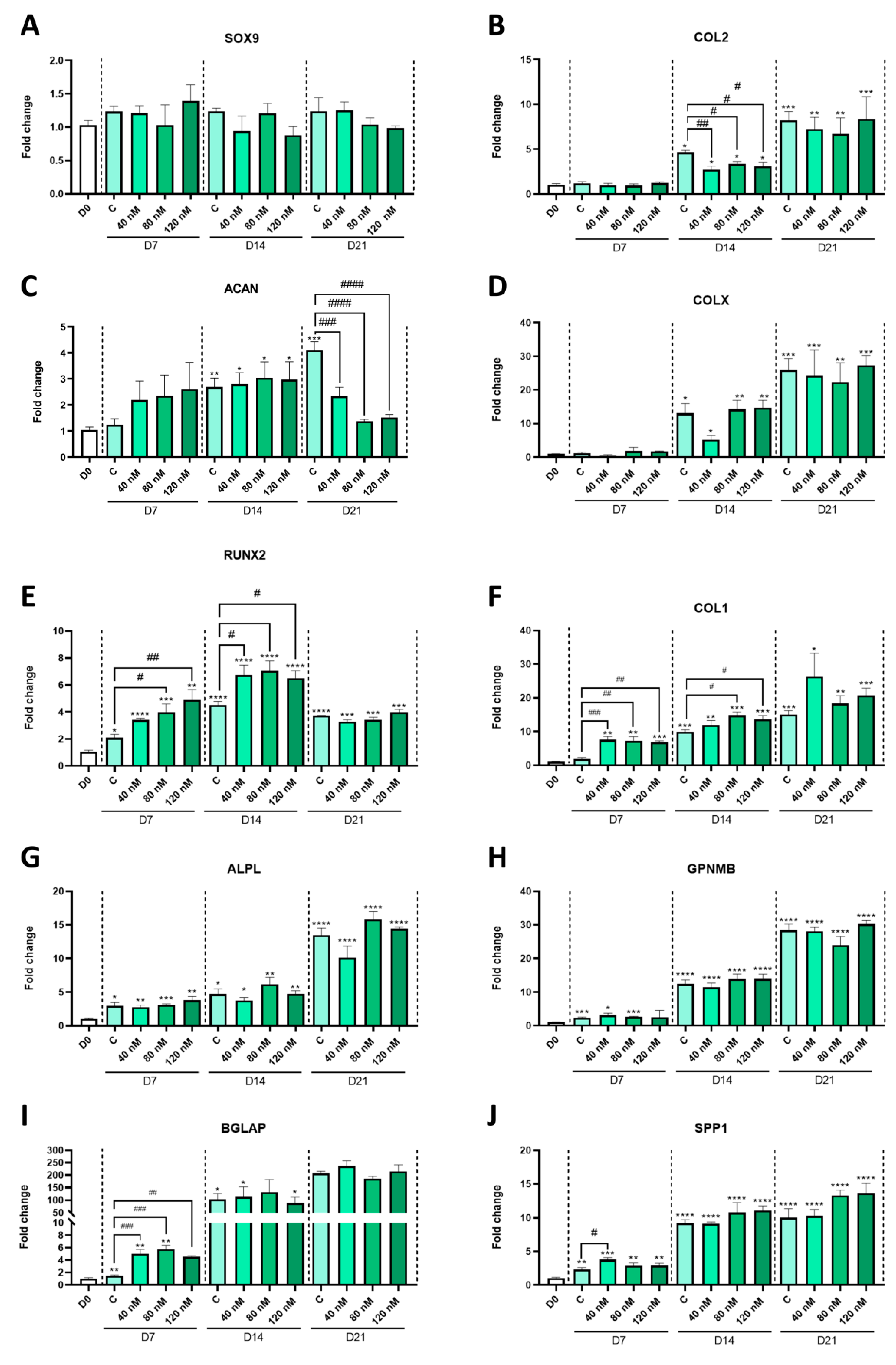Methylphenidate is ritalin
Methylphenidate Promotes Premature Growth Plate Closure: In Vitro Evidence
“It is well known that patients with attention deficit hyperactivity disorder treated with stimulants, such as methylphenidate hydrochloride (MPH), have reduced height and weight. Even though MPH has an anorexigenic effect{loss of appetite, some people have said that the loss of height is due to appetite loss and can therefore be recovered by compensatory eating}, an additional impact of this drug on the growth plate cannot be discarded. In this study, we aimed to determine the cellular effect of MPH on an in vitro growth plate model. We tested the effects of MPH on the viability and proliferation of a prechondrogenic cell line via an MTT assay. In vitro differentiation of this cell line was performed, and cell differentiation was evaluated through the expression of cartilage- and bone-related genes as measured via RT-PCR. MPH did not alter the viability or proliferation of prechondrogenic cells. However, it reduced the expression of cartilage extracellular matrix-related genes (type II collagen and aggrecan) and increased the expression of genes involved in growth plate calcification (Runx2, type I collagen, and osteocalcin) at different phases of their differentiation process. Our results evidence that MPH upregulates genes associated with growth plate hypertrophic differentiation. This may induce premature closure of the growth plate, which would contribute to the growth retardation that has been described to be induced by this drug.”
It should be noted that increasing growth plate hypertrophy does not always result in decreased height. But increasing growth plate hyertrophy and growth plate calcification should result in increased height velocity which is not corroborated by the typical reduced height observed of children treated with ritalin. If there was a height conservation and catch up growth involved you’d expect that the reserve zone would have greater gene expression in children treated with ritalin.
“MPH Does Not Affect Chondrocyte Viability and Proliferation”<-This is good.

“MPH treatment provokes faster progress of the endochondral ossification process.”<-again though this doesn’t always result in reduced height at skeletal maturity.
“reduction in COL2 and ACAN expression during the last days of differentiation may also indicate premature termination of the proliferative phase of chondrocyte maturation, and thus, early initiation of the hypertrophy and mineralizing phases.”
“certain drug treatments can impair the regulatory mechanisms of the growth plate and cause its premature closure. Stimulant treatment may have unknown interactions with the biological factors regulating skeletal growth, including signaling proteins, transcription factors, and hormones. These drugs, including MPH, raise the amount of dopamine in the synaptic space by blocking the dopamine transporter (DAT).”
Here’s a study that shows that Ritalin anecdotally reduces height:
Trajectories of Growth Associated With Long-Term Stimulant Medication in the Multimodal Treatment Study of Attention-Deficit/Hyperactivity Disorder
“16 years of consistent stimulant treatment of children with ADHD in the MTA was associated with changes in height trajectory, a reduction in adult height”
“[a study] revealed that the entire ADHD group, including medicated and nonmedicated participants, was 1.29 cm shorter than the LNCG non-ADHD peer group”
“consistent and extended use of stimulant medication may be associated with some suppression of height into the adult years”
“the main finding of this study—that stimulant use over development may be associated with a possible
decrease in adult height in individuals consistently treated—has not been found in all prior growth studies of children with ADHD who were treated chronically with stimulants. However, those studies reported lower cumulative doses and did not use our methodology of determining trajectories of
growth over time”
“the possible changes in adult height (up to 1.5 inches shorter)”
